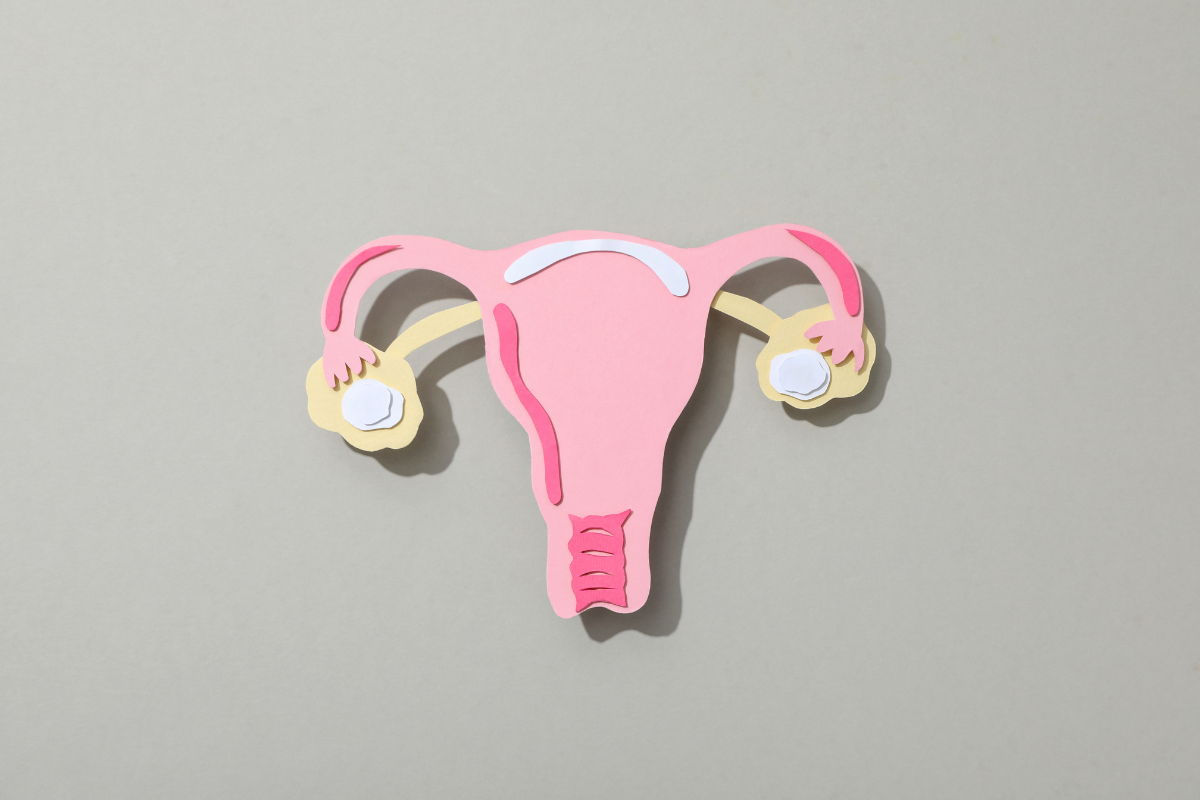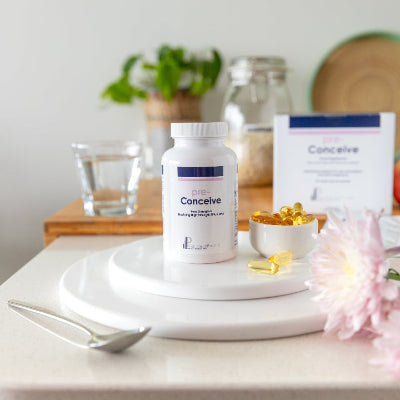Understanding Female Infertility: Causes, Risk Factors, Symptoms, and Nutritional Implications
Female infertility is a condition in which a woman has difficulty conceiving despite regular, unprotected intercourse for a year or longer. It affects millions of women worldwide and can be caused by a variety of medical, environmental, and lifestyle factors. Understanding its key causes, risk factors, symptoms, and nutritional implications can help in managing and potentially improving fertility outcomes.
Key Causes of Female Infertility
- Ovulatory Disorders – Conditions such as Polycystic Ovary Syndrome (PCOS), thyroid disorders, and premature ovarian failure can disrupt ovulation, making it difficult to conceive.
- Endometriosis – A condition in which the tissue similar to the lining of the uterus grows outside the uterus, leading to scarring, inflammation, and potential blockage of the fallopian tubes.
- Tubal Blockage or Damage – Caused by infections, sexually transmitted diseases (STDs), pelvic inflammatory disease (PID), or past surgeries, blocked fallopian tubes prevent the sperm from reaching the egg.
- Uterine Abnormalities – Congenital defects, fibroids, or polyps in the uterus can affect implantation and pregnancy maintenance.
- Age-Related Decline – As women age, the quality and quantity of their eggs decrease, making conception more difficult.
- Hormonal Imbalances – Irregularities in oestrogen, progesterone, or other reproductive hormones can impair the menstrual cycle and ovulation.
- Autoimmune Disorders – Conditions like lupus or Hashimoto’s thyroiditis can lead to inflammation and immune responses that negatively impact fertility.
- Genetic Factors – Some genetic mutations or inherited disorders can affect ovarian function and overall reproductive health.
Risk Factors for Female Infertility
- Age – Fertility naturally declines after the age of 35.
- Obesity or Being Underweight – Both extremes can lead to hormonal imbalances affecting ovulation.
- Smoking – Damages eggs and affects implantation and embryo development.
- Excessive Alcohol Consumption – Can disrupt hormone levels and reduce fertility.
- Chronic Stress – May interfere with ovulation and hormonal balance.
- Poor Diet – Deficiencies in key vitamins and minerals can impair reproductive health.
- Exposure to Environmental Toxins – Pesticides, heavy metals, and endocrine disruptors can affect hormone levels and egg quality.
- Medical Conditions – Diabetes, high blood pressure, and other chronic diseases can contribute to infertility.
Signs and Symptoms of Female Infertility
- Irregular or Absent Menstrual Cycles – Indicates possible ovulatory disorders.
- Painful Periods or Pelvic Pain – May be a sign of endometriosis or pelvic inflammatory disease.
- Recurrent Miscarriages – Suggests potential hormonal or genetic issues.
- Hormonal Imbalance Symptoms – Unexplained weight gain, excessive facial hair, acne, or hair thinning can be linked to PCOS or thyroid disorders.
- Pain During Intercourse – Could indicate underlying reproductive health conditions such as endometriosis.
Nutritional Implications and Dietary Support for Fertility
Nutrition plays a crucial role in female fertility by supporting hormonal balance, egg quality, and overall reproductive health. Key nutrients include:
- Folic Acid – Essential for egg quality and foetal development. Found in leafy greens, legumes, and fortified cereals.
- Vitamin D – Helps regulate ovarian function and hormone production. Sun exposure, fatty fish, and fortified products are good sources.
- Omega-3 Fatty Acids – Reduces inflammation and improve egg quality. Found in fish, flaxseeds, and walnuts.
- Iron – Prevents anaemia and supports ovulation. Found in red meat, spinach, and lentils.
- Zinc – Important for hormonal balance and egg maturation. Found in nuts, seeds, and whole grains.
- Antioxidants (Vitamin C, Vitamin E, and Selenium) – Protect eggs from oxidative stress and support reproductive health.
- Magnesium – Helps regulate progesterone levels and reduces stress-related fertility issues.
- Alpha Lipoic Acid (ALA) – Supports mitochondrial function in eggs and reduces oxidative stress.
- L-Carnitine – Improves energy production in reproductive cells and supports ovarian function.
Female infertility can stem from multiple causes, including ovulatory disorders, uterine abnormalities, and hormonal imbalances. Understanding risk factors and symptoms is essential for early intervention. A well-balanced diet rich in essential vitamins, minerals, and antioxidants can positively influence fertility by supporting egg quality, hormonal balance, and reproductive function. Consulting a healthcare professional for proper diagnosis and treatment is crucial for women facing fertility challenges.
For more information, here are some useful links:
- Mayo Clinic, Female Infertility
- Endometriosis from Endometriosis UK
- And information on risk factors from Resolve, a National Fertility Agency






